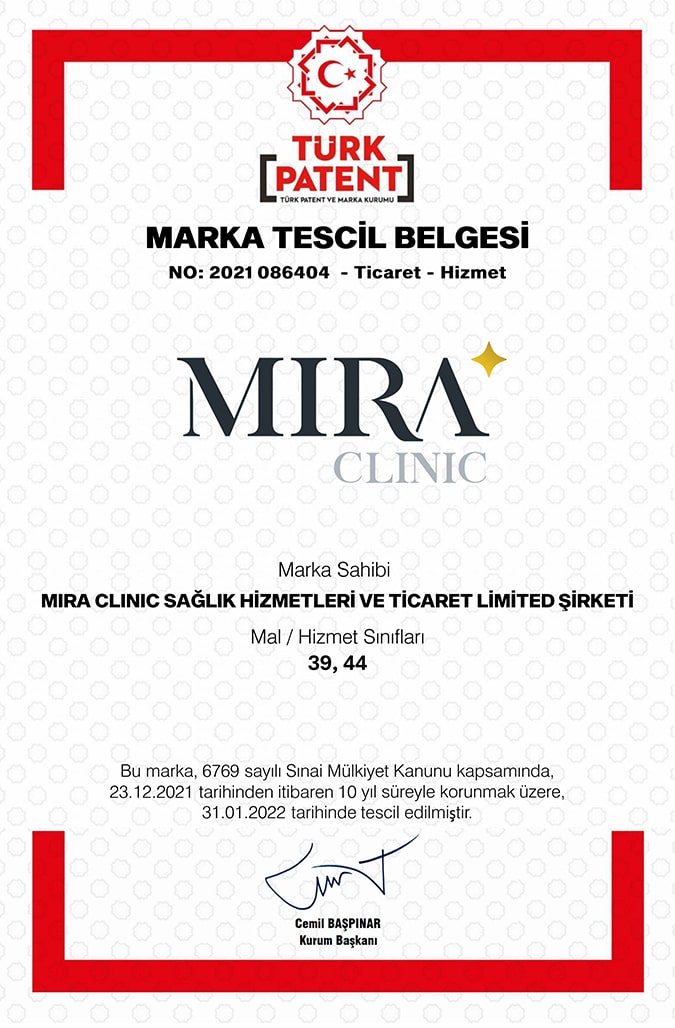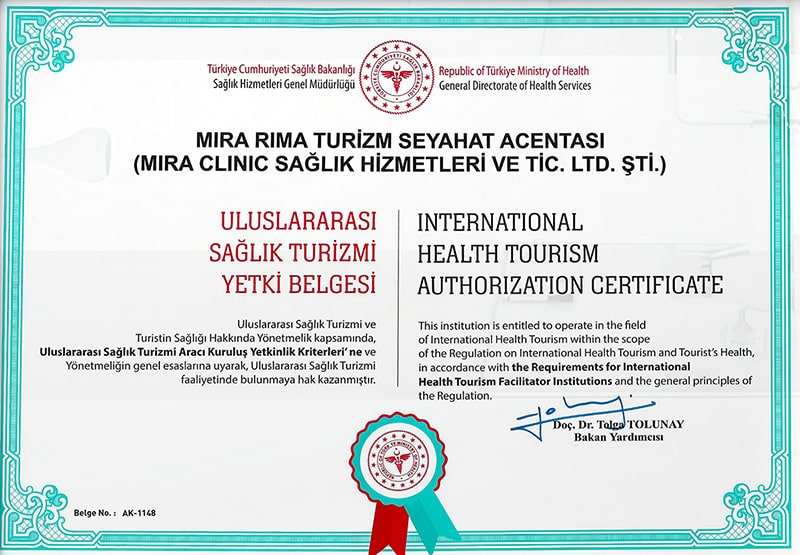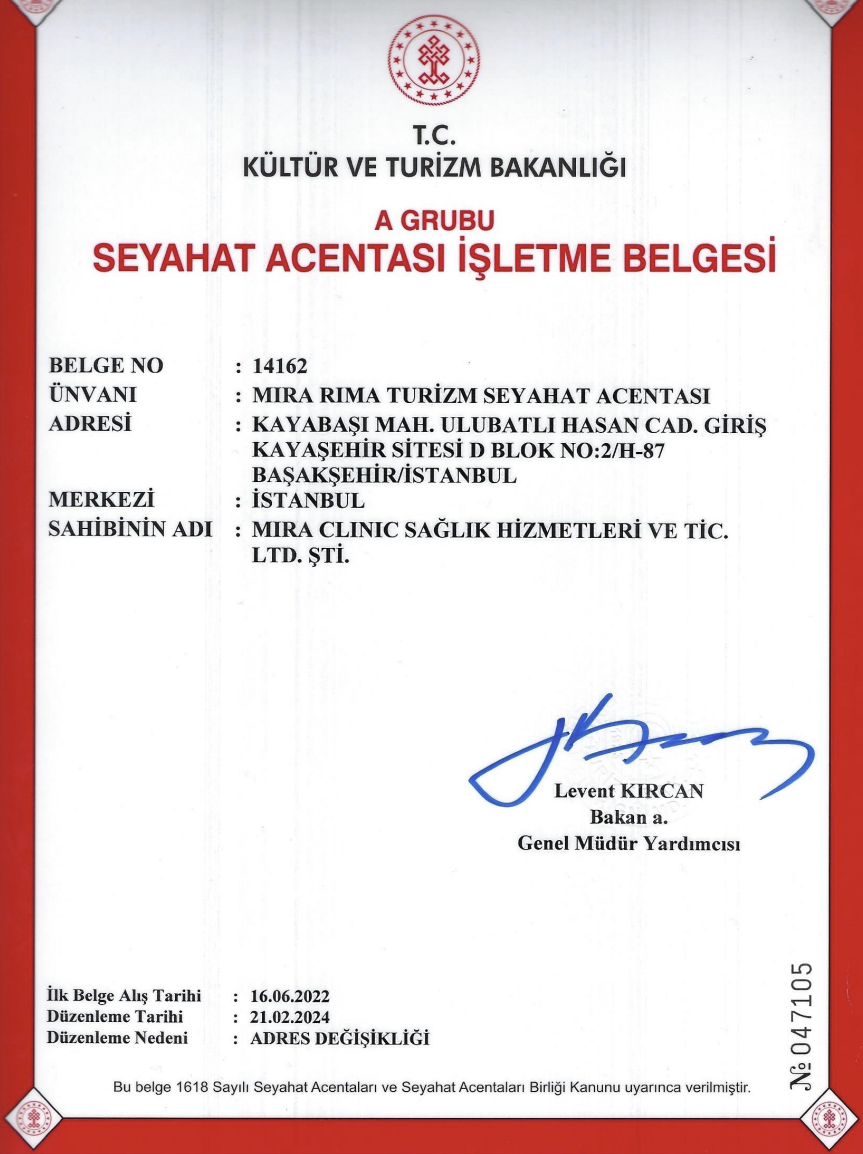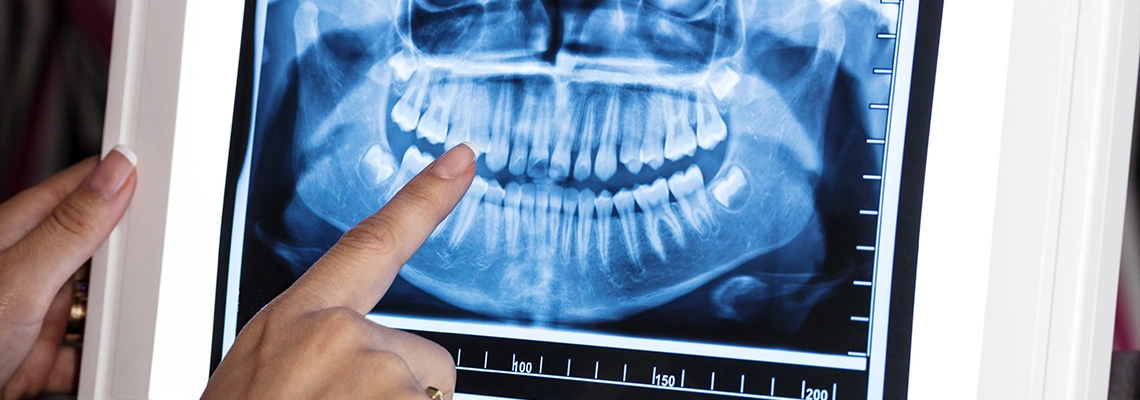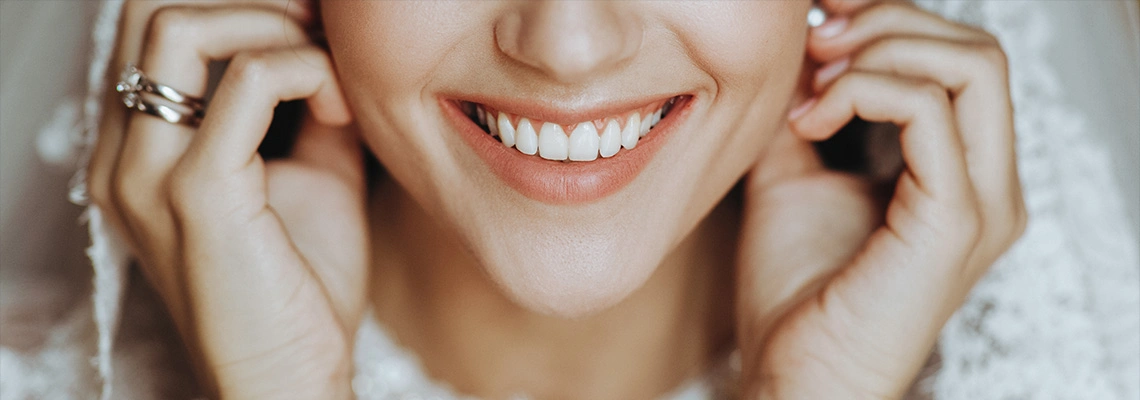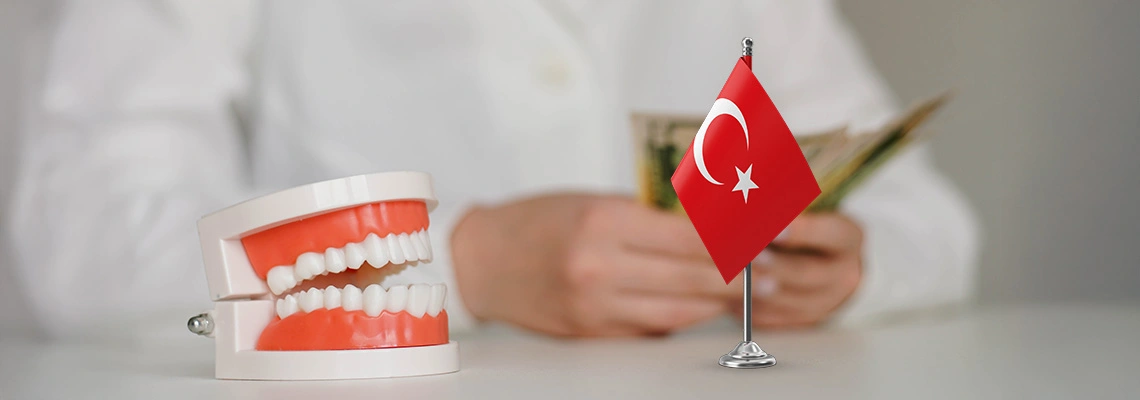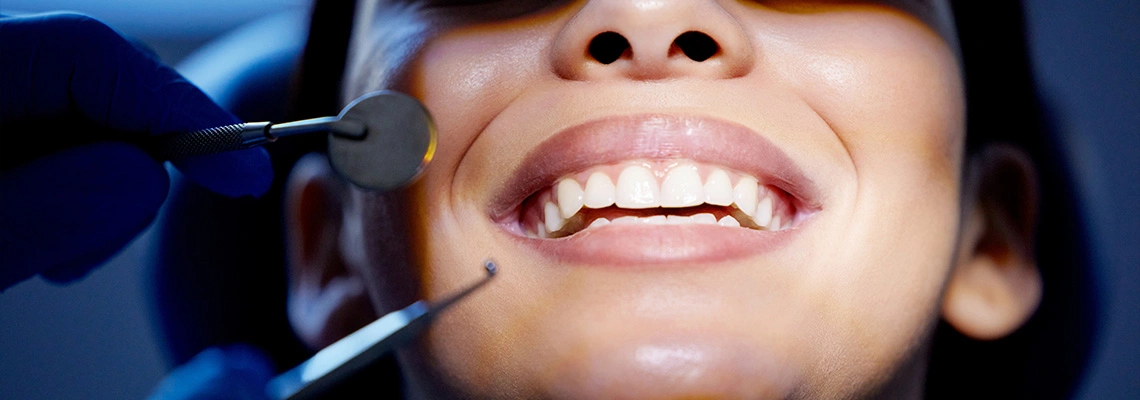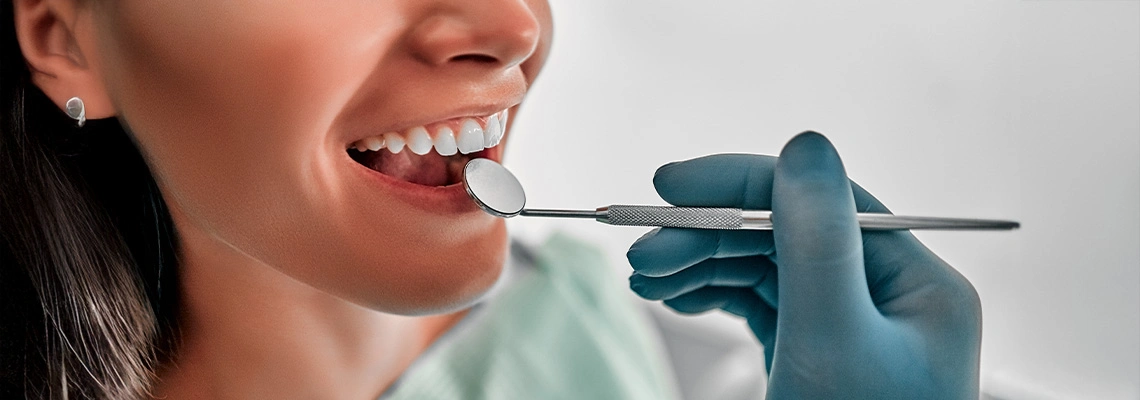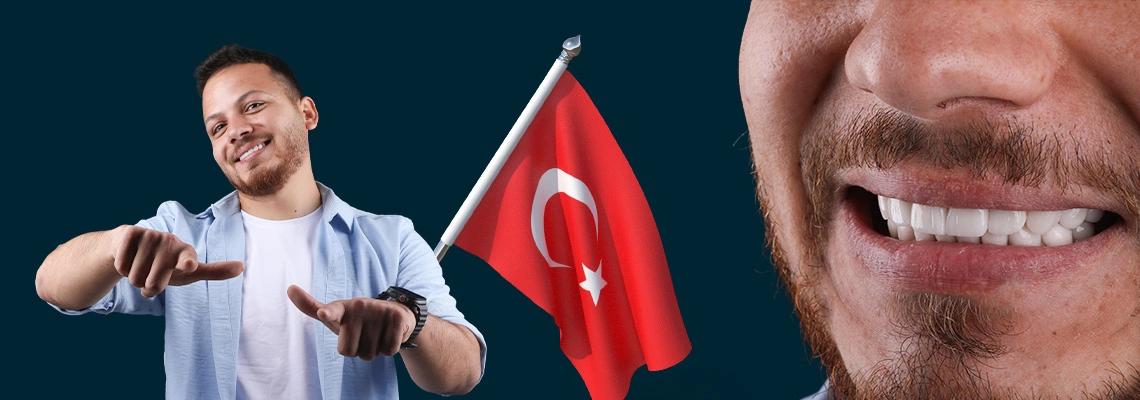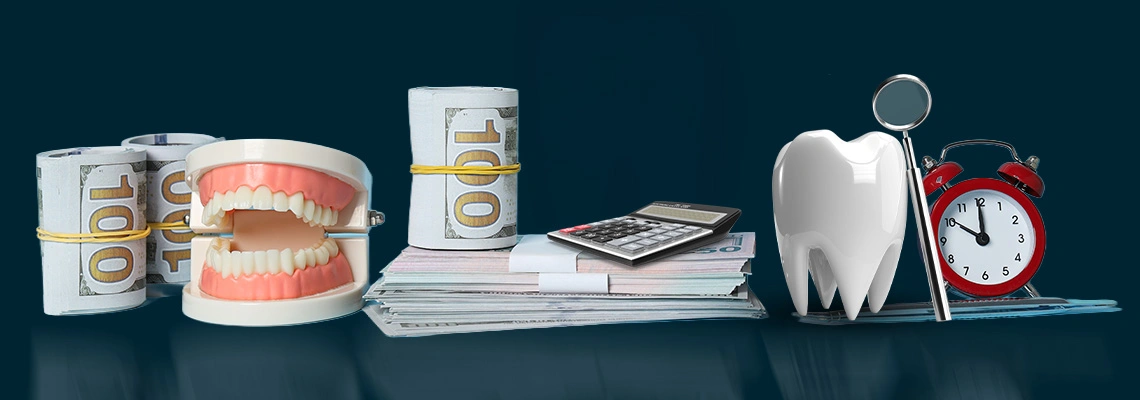Table of contents
- What is hair loss after childbirth?
- When does hair loss start after pregnancy?
- What are the causes of hair loss after childbirth?
- What are the solutions to fight hair loss after childbirth?
- Impeccable hair hygiene
- Hair supplement after pregnancy
- hair regrowth product
- How to aesthetically treat baldness in women after childbirth?
- Summary: Basic tips on how to combat hair loss after pregnancy
How do you treat hair loss after pregnancy? When does hair loss start after pregnancy? Whether it is the causes of postpartum alopecia or ways to work effectively against hair loss due to pregnancy, together we will see everything you need to remember about postpartum hair.
Hence, after pregnancy, most women suffer from excessive hair loss. Their hair is falling out like crazy, up to 500 hairs a day! This is called postpartum alopecia.
If the hair was thick and shiny during pregnancy, a few months after giving birth, the hair falls out in handfuls. Although the situation seems alarming at first glance, it is recurring and completely normal.
However, if it persists, it is advisable to learn about the causes of postpartum hair loss before considering various tips for restoring healthy and thick hair.
We will then find that hair transplantation for women remains the best option.
Learn all about hair loss after childbirth here!
What is hair loss after childbirth?
Postpartum alopecia, also called "acute telogen effluvium," is the sudden but temporary hair loss that occurs in most women who have just given birth. Either young mothers lose their hair a little all over their heads, or the phenomenon is concentrated in the forehead line.
It is true that this hair loss is a cause for concern, but rest assured, it is typical of the postpartum period.
When does hair loss start after pregnancy?
Postpartum hair loss usually begins a few months after giving birth. On average, it occurs two to three months after that.
As for the duration of hair loss after pregnancy, it varies from woman to woman. It usually lasts no more than 3 months. Therefore, it takes about 12 months after giving birth to get her hair back before pregnancy.
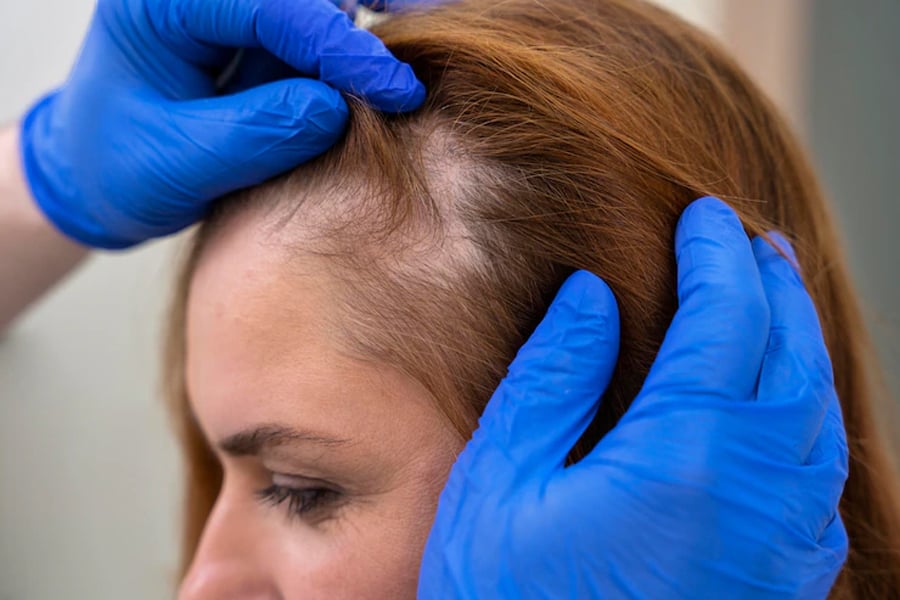
What are the causes of hair loss after childbirth?
If the postpartum period causes excessive hair loss, this is not necessarily a sign of poor health or deficiency.
In fact, the main cause of this hair after pregnancy is hormonal disorders. However, other factors such as iron deficiency, fatigue, stress...
The estrogen hormones that activate the whole body multiply by 1000 during pregnancy. As a result, hair becomes shinier, thicker and softer.
Also, once the pregnancy ends, a sudden hormonal drop called non-hormonal pregnancy follows. This, after about 3 months, will result in massive and sudden hair loss.
To this must be added extreme fatigue after childbirth, the stress of a new life situation that can aggravate the situation, lack of sleep after the birth of the child or even changes in habits. the food ...
Iron deficiency is also one of the most well-known causes of postpartum hair loss. A large amount of blood loss during labor is accompanied by iron loss. However, iron is an essential component of hair growth.
As a reminder, postpartum alopecia can last longer. For this, it is important to get acquainted with the means available to us to treat it effectively.
What are the solutions to fight hair loss after childbirth?
To avoid aggravating the phenomenon of falls, here are some tips to follow:
Impeccable hair hygiene
It is important to use a proper hair routine after giving birth. Please check the configuration of your products. For example, choose a shampoo that has a pH adapted to the scalp, i.e. slightly acidic.
It is also recommended not to use heavy shampoo or not to brush your hair when it is wet.
Some creams and essential oils that are massaged into the scalp are specifically designed to regrow hair.
Finally, cutting your hair is a great way to boost hair growth.

A dietary supplement for hair after pregnancy
Doctors recommend consuming seasonal fruits and vegetables as a prophylaxis and varying the diet to provide all the vitamins necessary for the hair during pregnancy. Do not hesitate to inquire about our anti-hair loss foods to have beautiful and healthy hair.
To avoid excessive hair loss after childbirth, it is recommended to start a course of dietary supplement for the hair after pregnancy. A course of vitamin B and iron can be effective in stopping hair loss.
A product to regrow hair
Now, there are many anti-hair loss products to use post-pregnancy. In ampoule, shampoo, spray, many formulas are intended to stop hair loss.
If despite these tips, your hair loss after pregnancy persists, why not consider a hair transplant?
How to aesthetically treat baldness for women after childbirth?
Hair transplantation is the most effective and lasting solution to regain your pre-pregnancy hair density.
Indeed, many patients do not hesitate to travel to Istanbul, the capital of Turkey, in order to perform a hair transplant.
For information/reminder, a hair transplant is a surgical procedure that consists of distributing the hair harmoniously over the entire head. Concretely, this consists of taking hair samples from areas where they do not fall (donor area), to implant them in areas where they are most likely to fall (front of the head, forehead, gulf, etc.) .
Summary: Key takeaways on how to combat hair loss after pregnancy
In conclusion, postpartum alopecia is a sudden but temporary hair loss that occurs in most women who have just given birth.
We therefore note that this phenomenon is mainly due to hormonal upheaval but also to iron deficiency, fatigue, stress or lack of sleep following the arrival of the baby.
However, don't panic! There are several effective solutions to stop hair loss after childbirth and subsequently have thick, shiny and healthy hair. It is advisable to opt for an appropriate hair routine and/or start a course of food supplements for the hair after pregnancy (iron or vitamin D).
If the question “how to fight hair loss after pregnancy?” comes back frequently, it is important to remember that a balanced diet and a healthy lifestyle are your best allies to put an end to this physiological process.
Finally, if despite all the solutions proposed, your postpartum alopecia persists, a hair transplant is then to be considered. Do not hesitate to consult our website to have all the necessary information on Hair Transplant Turkey.
